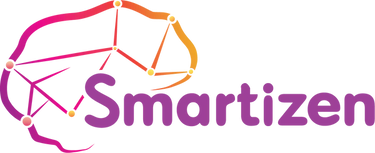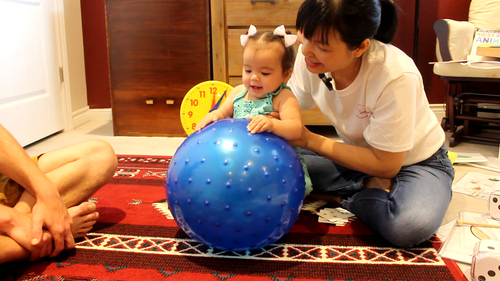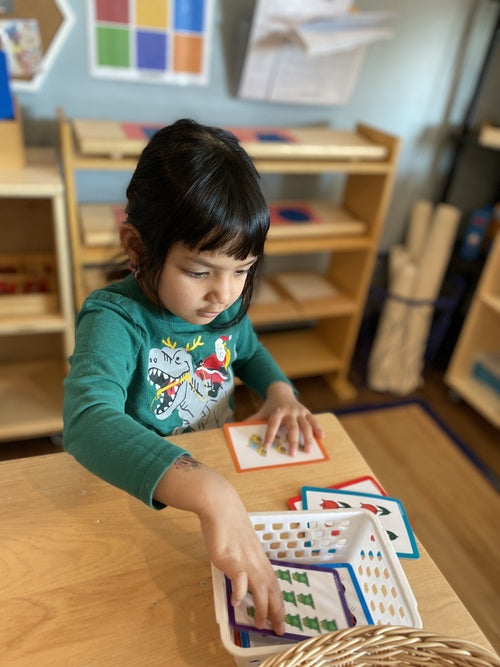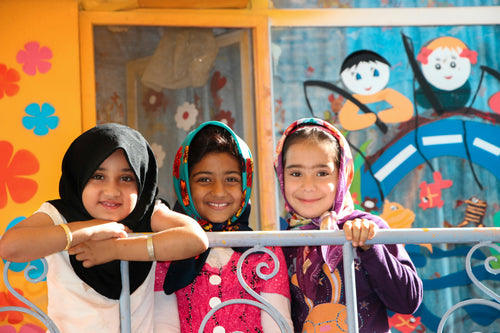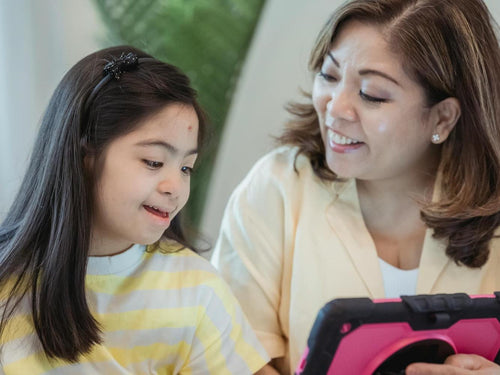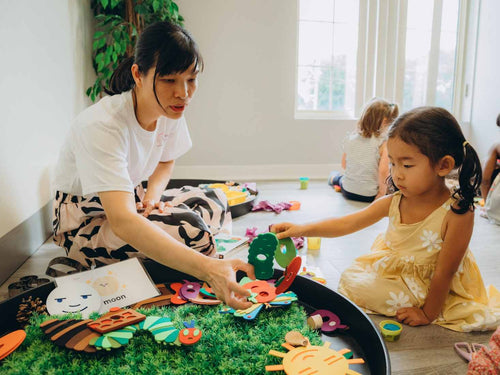Every child is unique, and so is their developmental journey. While most children meet milestones at expected ages, some may experience developmental delays that require extra support. For these children, specialized programs are essential. These programs are tailored to meet the specific needs of children with developmental delays, providing them with the resources, therapies, and environments necessary to thrive.
Understanding Developmental Delays
Before diving into the details of specialized programs, it's crucial to understand what developmental delays are. Developmental delays occur when a child does not reach developmental milestones at the expected age. These delays can affect various areas, including:
- Speech and Language: Difficulty in speaking, understanding language, or communicating with others.
- Motor Skills: Challenges with gross motor skills like crawling, walking, or fine motor skills like holding a pencil.
- Cognitive Skills: Delays in thinking, learning, and problem-solving abilities.
- Social and Emotional Skills: Difficulty in interacting with peers, understanding social cues, or managing emotions.
These delays can result from various factors, including genetics, premature birth, or environmental influences. However, with early intervention and the right support, many children can make significant progress.
The Importance of Specialized Programs
Specialized programs are designed to address the unique needs of children with developmental delays. Unlike generic educational programs, these are tailored to cater to the specific areas where a child needs support. The goal is to help children overcome their challenges and achieve their full potential.
1. Individualized Approach
Specialized programs often begin with a comprehensive assessment of the child’s abilities and challenges. This allows educators and therapists to create an individualized plan that focuses on the child's strengths while addressing their areas of need. The individualized approach ensures that each child receives the specific support they require.
2. Early Intervention
One of the key aspects of specialized programs is early intervention. The earlier a developmental delay is identified, the better the chances of addressing it effectively. Early intervention programs can start as early as infancy, helping to mitigate delays before they become more significant. These programs often include a combination of therapies, such as speech therapy, occupational therapy, and physical therapy.
3. Multidisciplinary Support
Specialized programs for developmental delays often involve a multidisciplinary team of professionals. This team may include speech therapists, occupational therapists, physical therapists, psychologists, and special education teachers. By working together, they can provide comprehensive support that addresses all aspects of a child's development.
4. Tailored Learning Environments
The environment in which a child learns plays a crucial role in their development. Specialized programs create tailored learning environments that cater to the specific needs of children with developmental delays. These environments may include sensory-friendly classrooms, adaptive equipment, and teaching strategies designed to engage children with diverse learning styles.
5. Parent Involvement
Parents play a vital role in the success of specialized programs. These programs often include parent training and support to ensure that the child's development continues at home. By involving parents, specialized programs help create a consistent and supportive environment for the child, both in and out of the classroom.

Examples of Specialized Programs
There are various specialized programs available to support children with developmental delays. These programs vary in their approach and focus, depending on the specific needs of the child.
- Early Intervention Programs
Early intervention programs are designed for infants and toddlers who show signs of developmental delays. These programs offer a range of services, including speech therapy, physical therapy, and developmental playgroups. The goal is to address delays early and provide children with the skills they need to succeed as they grow.
- Special Education Services
For school-aged children, special education services provide tailored support within the educational system. These services may include individualized education plans (IEPs), specialized classrooms, and one-on-one support from special education teachers. The focus is on providing an inclusive education that meets the needs of each child.
- Speech and Language Therapy
Children with speech and language delays may benefit from specialized speech therapy programs. These programs focus on improving communication skills, including speech clarity, language comprehension, and social communication. Therapists use various techniques, such as play-based therapy and interactive activities, to engage children in learning.
- Occupational Therapy
Occupational therapy is another specialized program that supports children with developmental delays, particularly those affecting motor skills and sensory processing. Occupational therapists work with children to improve their fine motor skills, coordination, and daily living skills. These therapies can be especially beneficial for children with sensory processing disorders or developmental coordination disorders.
- Physical Therapy
Physical therapy is designed to help children with gross motor delays, such as difficulty walking or running. Physical therapists use exercises, play, and adaptive equipment to strengthen muscles, improve balance, and enhance coordination. This type of therapy is particularly important for children with cerebral palsy or other motor-related conditions.
- Social Skills Groups
Social skills groups are specialized programs that focus on improving a child's social interactions and emotional regulation. These groups provide a safe and supportive environment for children to practice social skills, such as taking turns, sharing, and understanding social cues. They are particularly beneficial for children with autism spectrum disorder (ASD) or other social communication challenges.
The Role of Technology in Specialized Programs
Technology has become an integral part of specialized programs for developmental delays. From apps that support speech therapy to virtual reality tools that help with sensory processing, technology offers innovative ways to engage and support children.
- Interactive Apps: Apps designed for children with developmental delays can help reinforce learning in a fun and engaging way. For example, speech therapy apps can provide interactive exercises that help children practice articulation and language comprehension.
- Virtual Reality (VR): VR technology is being used in some specialized programs to create immersive environments that help children with sensory processing challenges. These virtual environments can be tailored to the child's needs, providing a controlled space for them to explore and learn.
- Assistive Technology: Assistive devices, such as communication boards and adaptive keyboards, support children with physical or communication challenges, enabling them to participate more fully in educational activities.

Finding the Right Specialized Program
Choosing the right specialized program for a child with developmental delays is crucial. Parents and caregivers should consider the following factors when selecting a program:
- Comprehensive Assessment: Ensure that the program begins with a thorough assessment of the child’s needs. This assessment should involve multiple professionals and cover all areas of development.
- Qualified Staff: Look for programs that have qualified and experienced staff, including therapists, educators, and support staff who specialize in working with children with developmental delays.
- Family Involvement: Choose a program that encourages and supports family involvement. The best outcomes are often achieved when parents are actively engaged in their child’s development.
- Customized Approach: Ensure that the program offers a customized approach that is tailored to the child's specific needs. Avoid one-size-fits-all programs that do not account for individual differences.
- Proven Success: Research the program's track record and success stories. Speak with other parents who have used the program and ask for testimonials or case studies.
Specialized programs for developmental delays play a vital role in helping children reach their full potential. By providing individualized support, early intervention, and a multidisciplinary approach, these programs offer children the tools they need to overcome challenges and thrive. For parents, choosing the right specialized program can make all the difference in their child's developmental journey. With the right support, every child can achieve their milestones and lead a fulfilling life.
